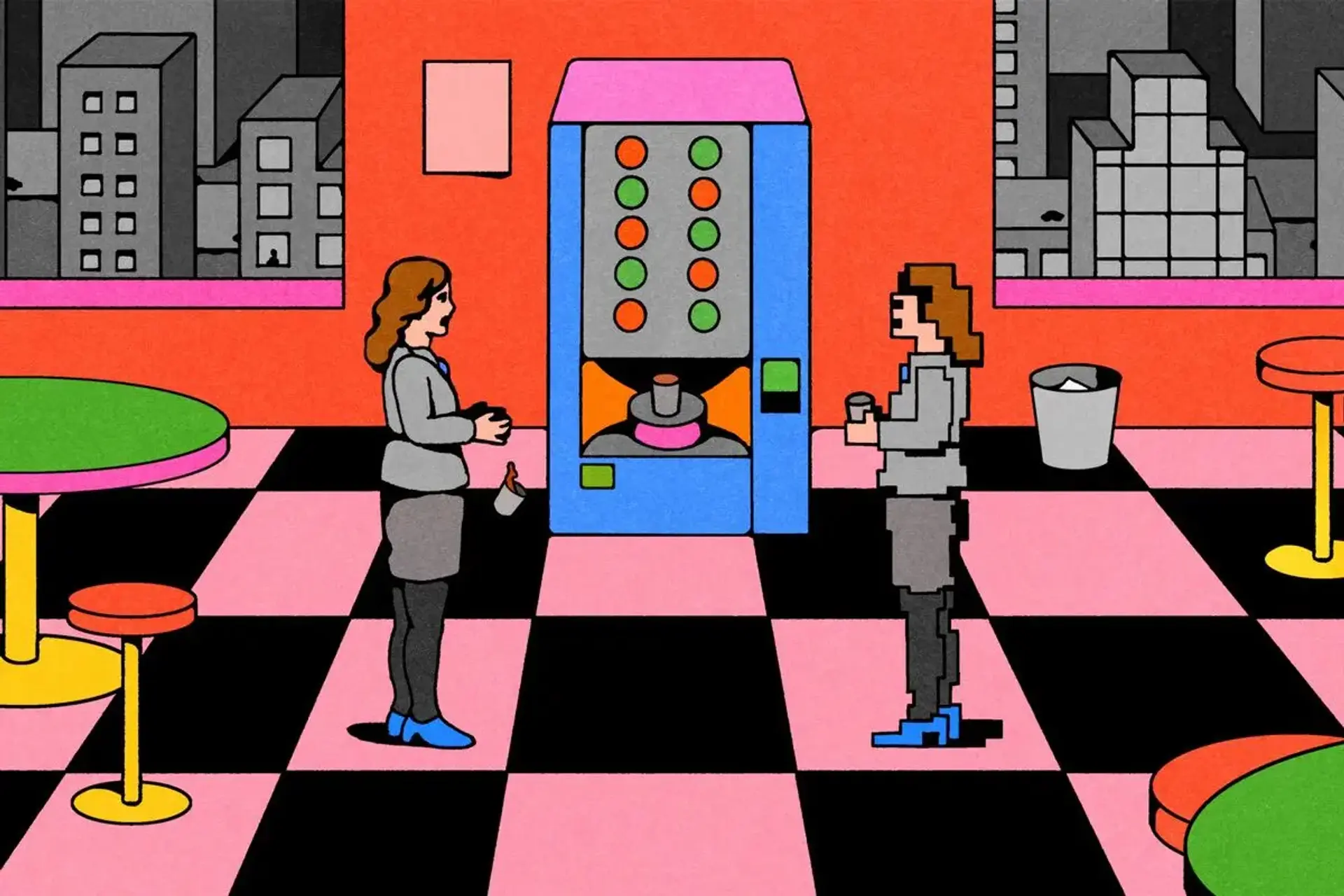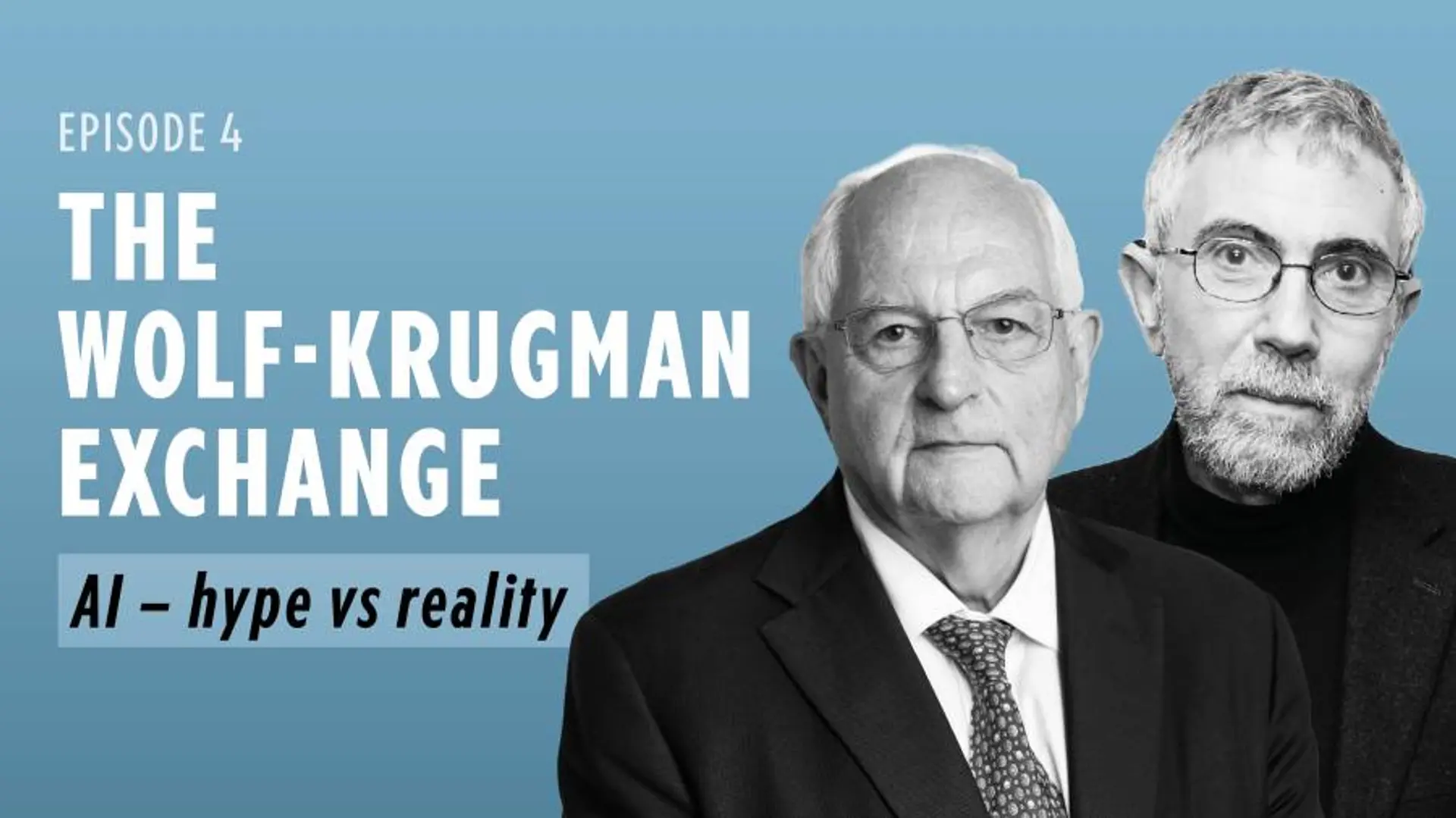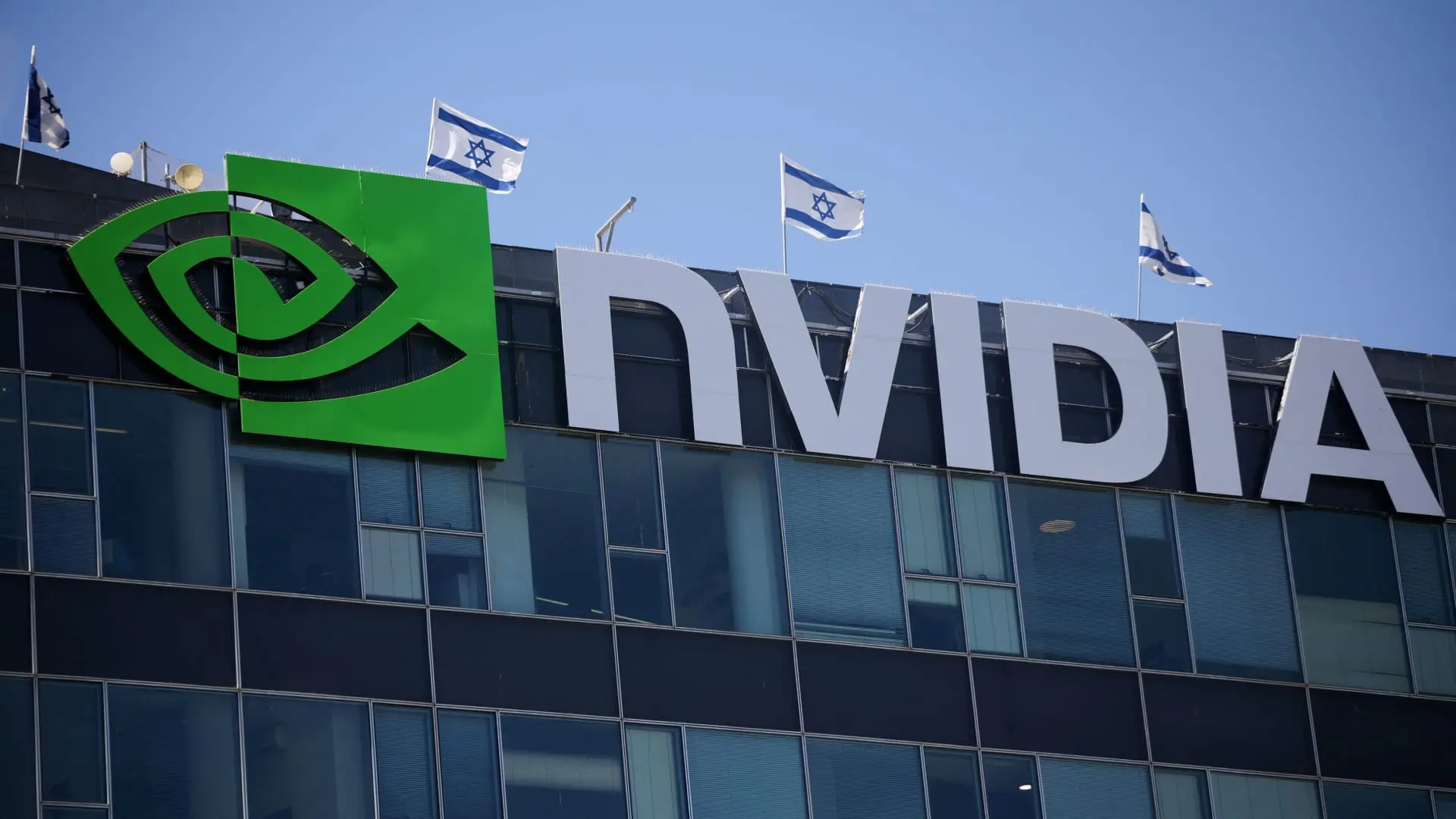The rise of artificial intelligence presents a complex situation for young job seekers. While entry-level job postings have decreased and youth unemployment has increased, some research indicates AI could broaden access to opportunities in specific sectors. This suggests a shifting landscape where traditional entry-level roles are being redefined, potentially requiring new skills or creating new types of positions that are more accessible through AI-driven tools. The full impact of AI on the job market's accessibility remains to be seen, but it highlights the need for adaptability and continuous learning for those entering the workforce.
This disruption could lead to a polarisation of the job market, with some entry-level roles becoming obsolete while others demand a higher degree of technical proficiency. Educational institutions and training programs may need to adapt their curricula to equip graduates with the skills necessary to navigate this evolving environment. Furthermore, the focus may shift from simply acquiring knowledge to developing skills in critical thinking, problem-solving, and collaboration, which are less susceptible to automation. The challenge lies in preparing the next generation for a job market that is increasingly shaped by AI, ensuring they can thrive in a world where technology and human skills are intertwined.
Ultimately, the integration of AI into the workplace necessitates a proactive approach from both individuals and institutions. By embracing lifelong learning, fostering adaptability, and focusing on uniquely human skills, young people can position themselves for success in the AI-driven economy. The key is to view AI not as a threat, but as a tool that can be leveraged to enhance productivity, creativity, and access to opportunities.




